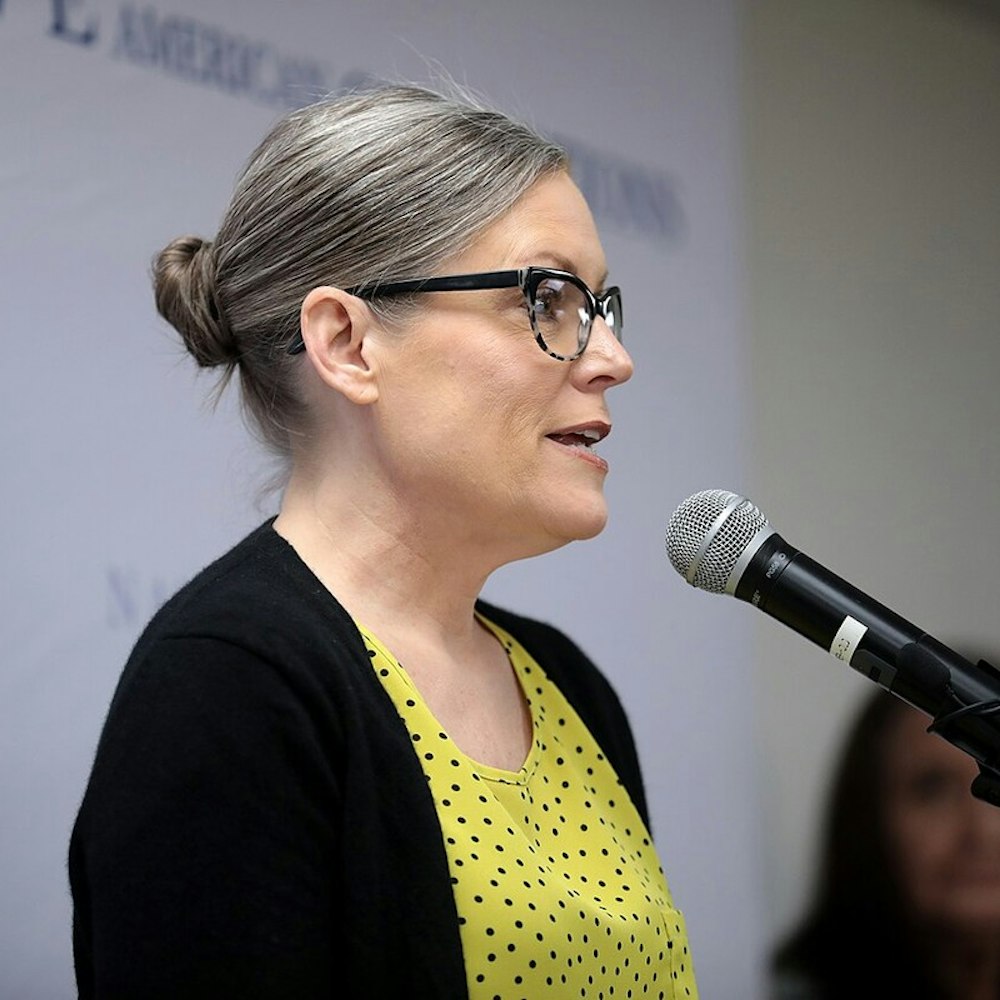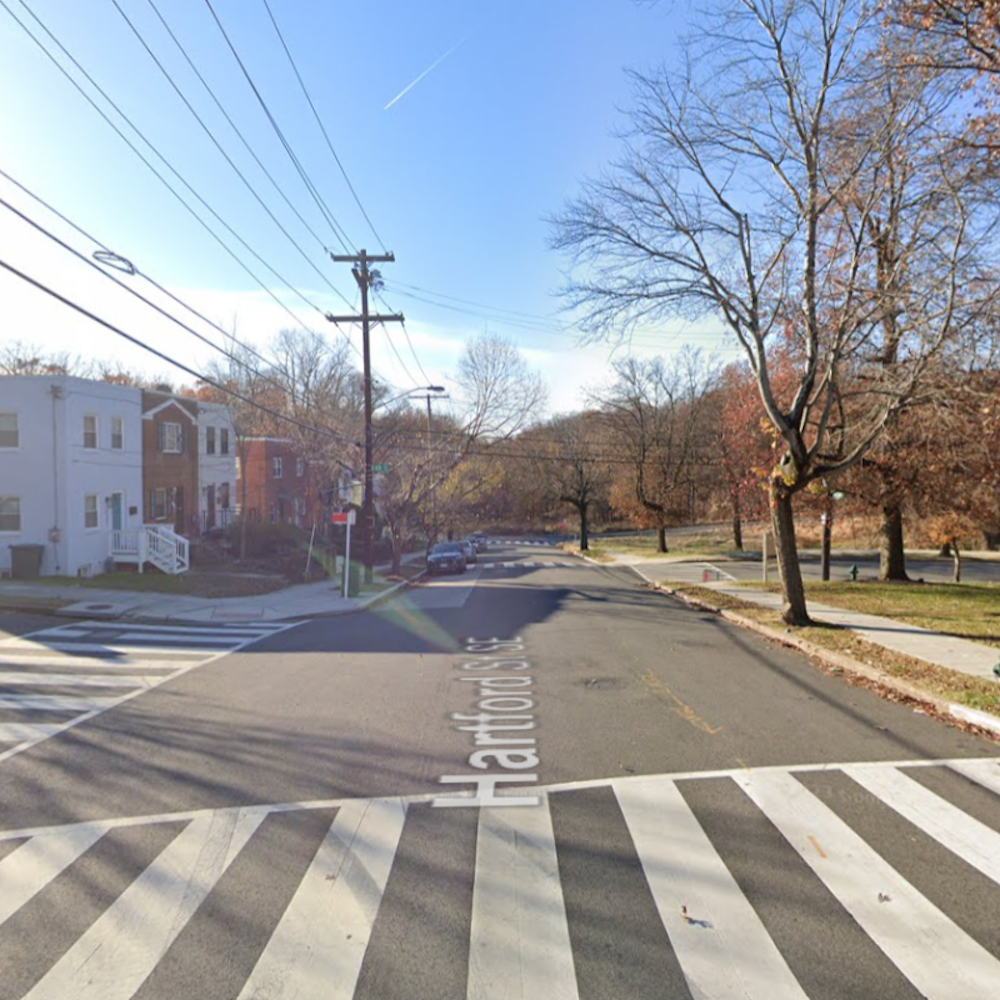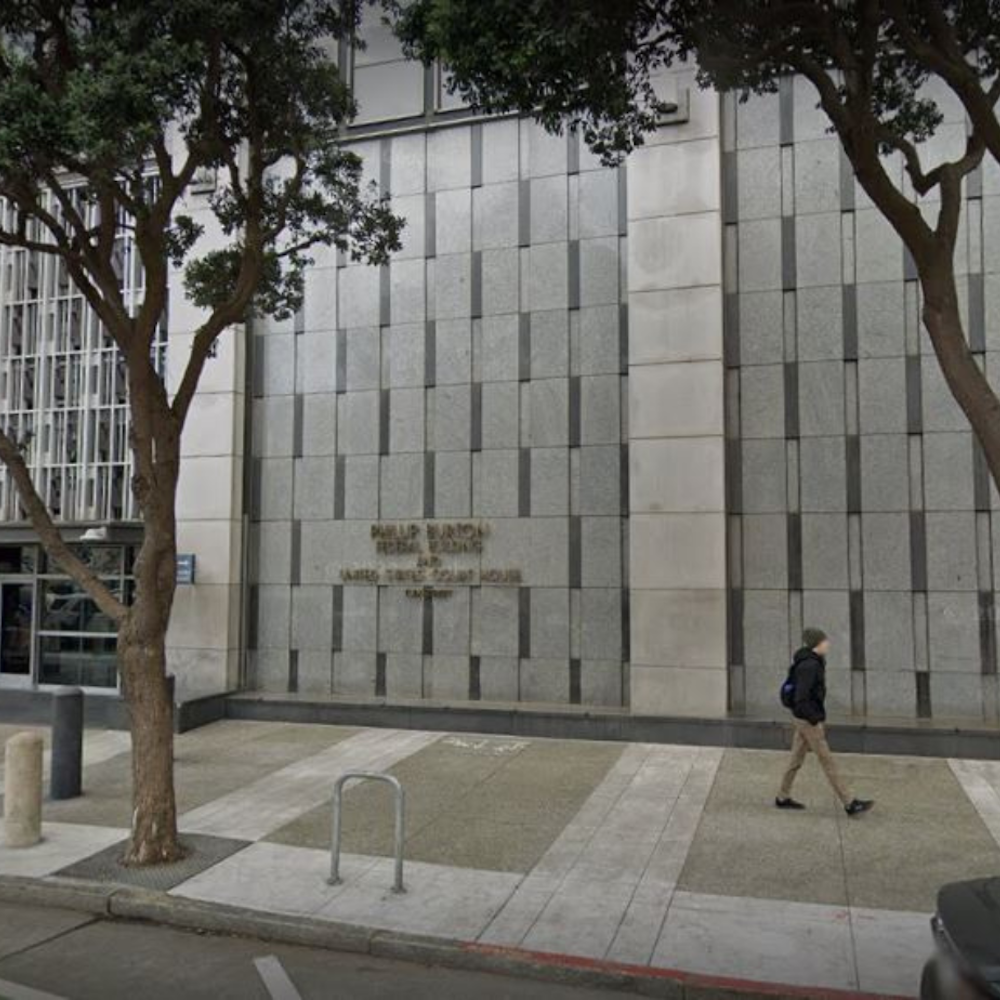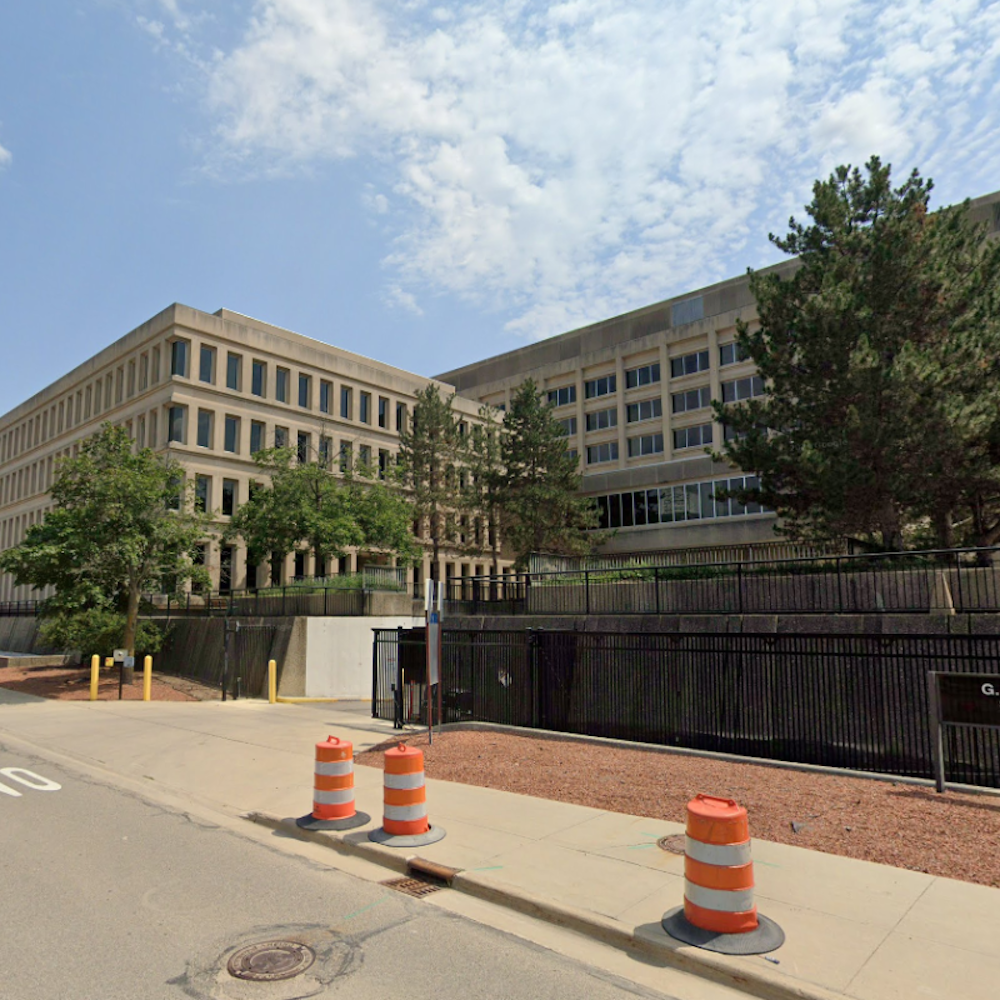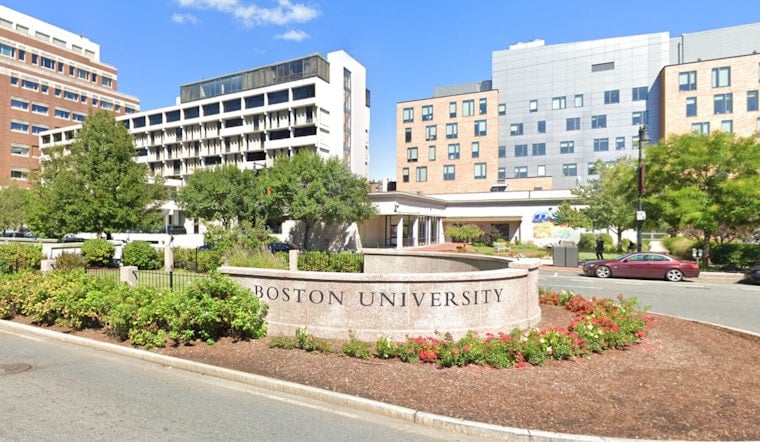
The happiness of young Americans is on the decline, and loneliness is to blame as the nation drops from the top 20 on the global list of happiest countries, with those under 30 particularly affected by a profound sense of isolation and dissatisfaction. A dire warning has come straight from the top, with US Surgeon General Vivek Murthy calling loneliness a public health epidemic, one with a host of nasty effects including increased risks of strokes, dementia, heart disease, and even premature death. This troubling trend has prompted action in the form of support programs, particularly those focused on young adults in the college setting.
At Boston University's Center for Psychiatric Rehabilitation (CPR), efforts are underway to stem the tide, offering a lifeline to those grappling with psychological turmoil—the center doesn't dish out diagnoses or medications but instead provides a roadmap to aid clients in crafting a successful future. Dori Hutchinson, the center’s executive director, told BU Today, "For a variety of reasons, young adults come to college with less developed interpersonal skills," with the ripple effects of the pandemic, an over-reliance on technology, and overstructured childhoods contributing to a rise in cyberbullying, as well as climbing rates of anxiety and depression.
Among the initiatives by Sargent College's CPR is the creation of the College Mental Health Education Programs (CMHEP), which integrates a blend of services such as classes, one-on-one counseling, and group fitness activities to provide students combating mental health challenges or loneliness with much-needed support. Its crown jewel is NITEO, a semester-long quest to restore students to their academic careers post-leave-of-absence due to mental health or substance issues, replete with resilience-building and academic fortification.
A vital part of NITEO is the Healthy Relationships curriculum which arms students not just with academic prowess but with the tools for forging lasting connections—students tackle what makes relationships tick, discern the give-and-take of consent, and hone the nuanced art of communication; Chelsea Cobb, assistant director of CMHEP, said, "The lessons constantly adapt in response to student feedback and staff observations". Cobb explained to BU Today how, following the COVID-19 lockdown, the curriculum was augmented to address the accentuated feelings of loneliness, including crucial lessons on interpersonal communication and the dual-edged nature of social media and dating apps.
Indeed, the program's strength lies in its adaptability, extending its reach beyond BU; it's been utilized by institutions as diverse as the University of St. Andrew's in Scotland and the University of Alaska. The resultant community from these courses is another notable benefit, with cohorts often culminating in newfound friendships, according to Ali Theis, CMHEP senior training associate, who underscored the collaborative aspect of the curriculum, saying, "It takes time to build that community, but you get to the point where students are sharing their experiences and working through things together," as reported by BU Today. With the Healthy Relationships curriculum, the battle against the scourge of loneliness among the nation's youth has found a nurturing arsenal ready to foster social connections and cultivate the next generation's well-being.
